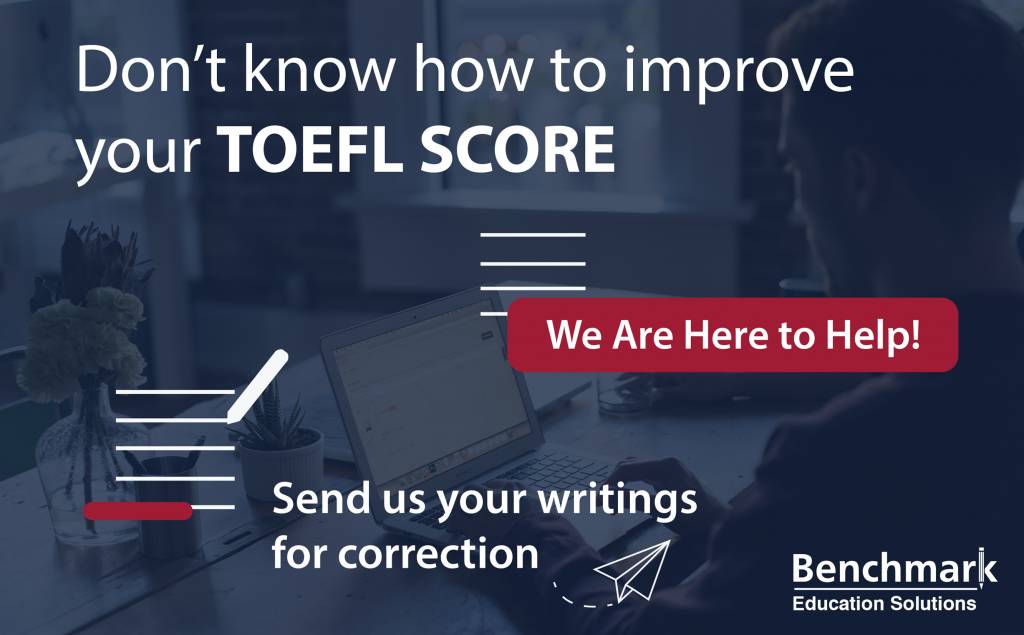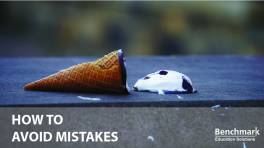
In the TOEFL Writing Section, you will be expected to write two essays. In these essays, it is important show that you have excellent writing and grammar skills. Here are 7 tips to help you write better in the TOEFL Writing Section.
- Opinion Phrases
In the first essay, the Integrated Writing, you are expected to talk about the opinion of an author from a reading passage and the opinion of a lecturer from an audio clip. The lecturer is typically disagreeing with the author. Here are some phrases to start your sentences in the first essay:
| The author believes that… | The lecturer argues… |
| The author contends that… | The speaker disagrees that… |
| The writer is of the opinion that… | The professor disproves this by…. |
| The reading passage states… | The listening passage proposes in opposition that… |
In the second essay, the Independent Writing, you are expected to write, passionately, about your own opinion to a given topic. This means you should use adverbs to strengthen your writing. For example:
| I strongly believe… | I absolutely can’t agree that… |
| I completely agree with… | I adamantly feel… |
| I have always been of the opinion that… | I would always say that… |
- Verb Tenses
It is important to know when to use the correct verb tense in the TOEFL essays. Use the present tense (simple or continuous) to talk about general facts. For example:
The situation now needs to be addressed.
People don’t understand the importance of…
Children aren’t playing outdoors as much as before.

Use the present perfect (simple or continuous) for something that started in the past and continues into the present. Such as:
I have studied this topic for many years now.
She hasn’t examined the issue fully.
Scientists have been working on this subject.
Use the past tense (simple and perfect) to talk about previous experiences, especially in the second essay. Remember the past perfect is for something that happened before a time in the past. For instance:
We never went camping as a child.
I used to go to my grandparents’ every summer.
I had finished the exam before everyone else.
- Use Gerunds
Gerunds can be used as the subject or the object, and after prepositions in a sentence, such as:
Running daily is good for your health.
I suggested reading this book to everyone.
Videos about becoming famous are popular among teenagers.
- Use Modals
Use can and could to talk about abilities and permission in the present and past. Also, use could for possibilities. For example:
I could ride a bike when I was younger, but I can’t now.
Now that I am older, I can stay up late, but when I was a kid I could only do that on weekends.
Researchers could develop a cure for cancer in the next ten years.
Use should, must and have to talk about obligations. Such as:
I always had to walk my sister to the bus stop.
There are many steps you must take to be successful.
The lecturer suggests that people shouldn’t continue to…
- Use Conditionals
Especially in the independent essay, use conditionals to talk about things you will/would do or would have done if something happens or happened. For instance:
If things don’t change soon, everyone will probably depend on those resources.
I would never agree with this statement, even if those changes were made.
If I had known about this fact 5 years ago, I would have done something differently.
- Subject-Verb Agreement
With any tense it is important to make sure that the subject and verb agree. Singular subjects should be used with singular verbs and plural subjects with plural verbs. For example:
The complications from the study were very telling for the author.
The scientific community in Oslo has recently been working on this issue.
Recently, children who spend a lot of time on the phone are more likely to….
- Articles
Finally, remember when to use articles (a/an and the) with nouns. Singular, countable nouns must be used with an article. Plural nouns and uncountable nouns can only be used with the.
A handful of tests had been done on subjects in 1970, but the tests were inconclusive.
Handfuls of tests had been done on subjects in 1970, but the tests were inconclusive.
If water continues to rise, the water will flood low level lands.
An empty water bottle should never be thrown into the ocean.






